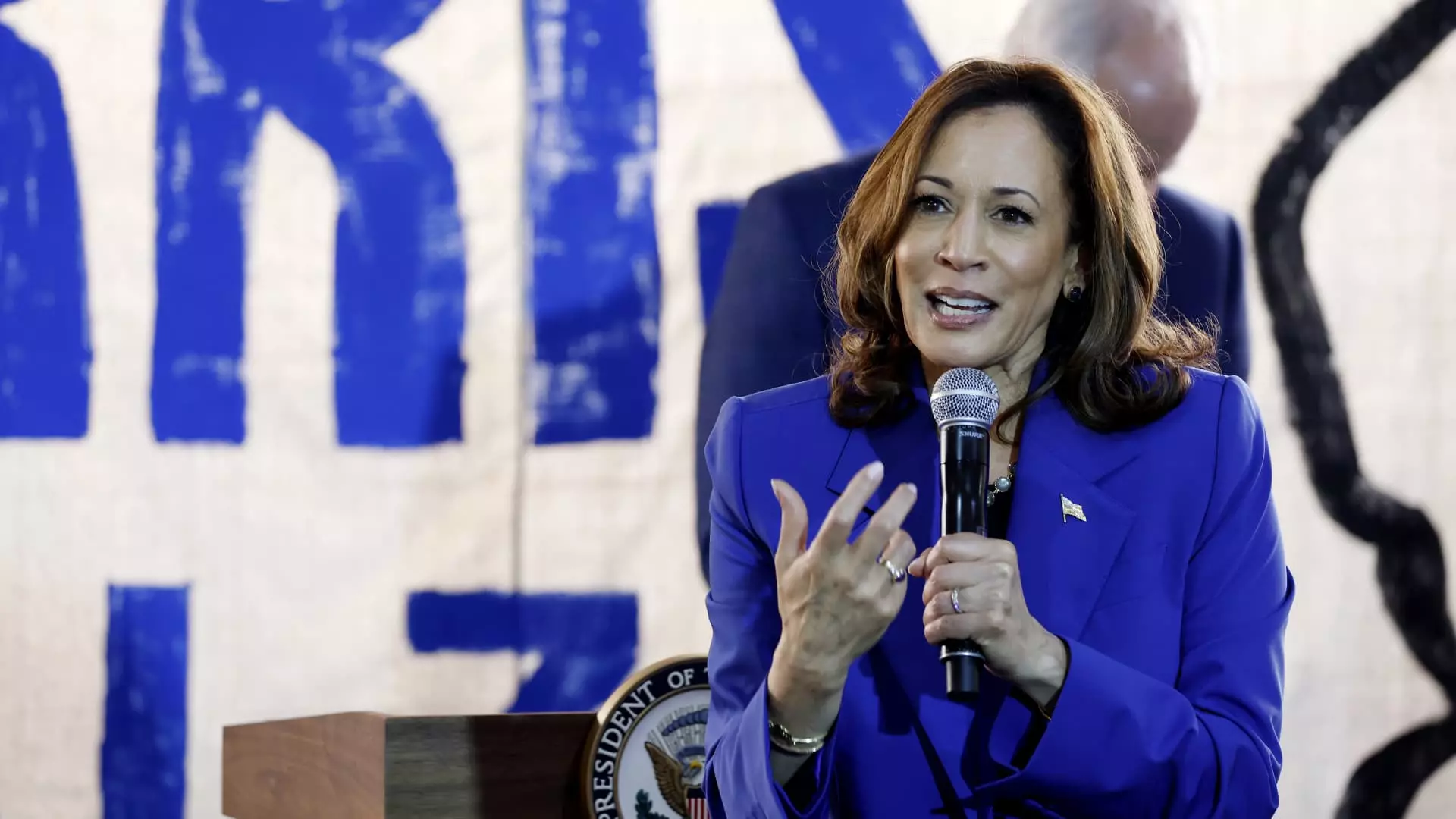The debate over tax policy in the United States has always been a contentious issue, with contrasting views on how best to raise revenues and support government programs. Vice President Kamala Harris recently made headlines by proposing to raise the corporate tax rate to 28%, a move aimed at financing ambitious plans to benefit the middle class.
Harris’s campaign spokesman, James Singer, emphasized that a 28% corporate tax rate would be a “fiscally responsible way to put money back in the pockets of working people and ensure billionaires and big corporations pay their fair share.” This proposal seeks to create an opportunity economy that promotes economic security and stability for the middle class.
If enacted, the 28% corporate tax rate could potentially generate hundreds of billions of dollars in revenue over a decade. The nonpartisan Congressional Budget Office estimates that each percentage point increase in the corporate rate corresponds to about $100 billion. This policy shift would also undo a significant portion of former President Donald Trump’s tax cuts in 2017, where the corporate tax rate was reduced from 35% to 21%.
With Republicans likely to oppose a 28% corporate tax rate, Harris may need Democratic control of the House and Senate to pass this proposal. However, as many of the provisions of the Trump tax cuts are set to expire in 2025, a potential President Harris could have leverage in negotiations on tax policy.
Opposing Views
Trump has signaled his intention to further reduce taxes, including on businesses, if elected again. He warns that failure to renew his expiring tax cuts could have detrimental effects on the economy. Singer, on the other hand, criticizes Trump’s economic agenda as driving up the deficit and burdening the middle class with increased taxes.
The debate over the corporate tax rate highlights the divergent visions for economic policy in the United States. Harris’s proposal to raise the rate to 28% represents a shift towards a more progressive tax system that aims to address income inequality and promote economic opportunity for the middle class. As the discussion unfolds in Congress and on the campaign trail, the outcome of this proposal will shape the future of tax policy in the country.

Leave a Reply